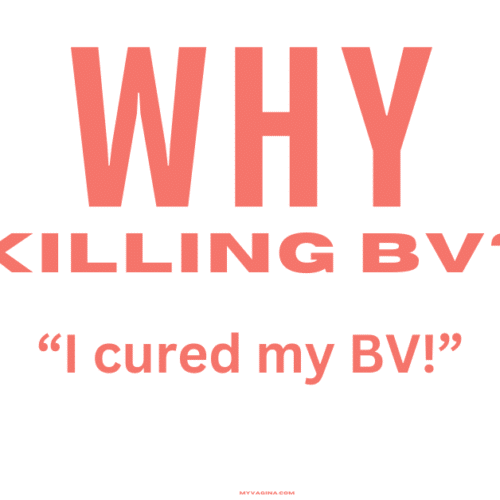Vulvar or vaginal melanoma
Vulvar or vaginal melanoma is a rare form of gynaecological cancer with a lack of research on best treatment methods.
Vulvar and vaginal cancers are rare, making up two to three per cent of all gynaecological malignancies. Melanoma is the third most common for of vulvar cancer, comprising between four and 10 per cent, and the second most common malignant cancer after squamous cell carcinoma.
Vulvar or vaginal melanoma occurs in about 0.2 out of every 100,000 women, with Caucasians more often affected. Typically diagnosis is later in life, after age 50, but melanoma can occur at any age.
The labia minora and majora are the most commonly affected areas, with the clitoris involved in some studies.
One of the issues with vulvar or vaginal cancers is the late stage of diagnosis when disease is quite advanced. Survival rates are therefore low compared with other forms of cancer.
An important consideration is keeping vulvar tissue intact because disfigurement, pain and complications can appear with surgical interventions.
Symptoms of vulvar or vaginal melanoma
- Vaginal or vulvar lesions
- Pigmented lesions on the vaginal mucosa or vulva (macules, patches, nodules)
- May be ulcerated
- May be more than one lesion
Diagnosis of vulvar or vaginal melanoma
Melanoma may be discovered during a routine examination, as these lesions produce few noticeable symptoms and the vulva is an area that most women may never properly see themselves.
Survival rates increase the younger the patient is (68 years and younger tend to do the best).
Treatment for vulvar or vaginal melanoma
Surgery is the main treatment, with topical treatments available.
Imiquimod cream has been useful in other types of melanoma, with excellent cure rates, but is not often used in vaginal/vulvar melanoma. Imiquimod can be used once weekly for a month, then twice weekly the second month, then three times the third and fourth months.
Imiquimod is an immune stimulant that triggers the body to produce cytokines to fight viruses and cancer cells, with upregulation of antiviral and antitumour activities.
Cytokines cause inflammation, and it’s this inflammation that kills the cancer cells. Side-effects may include flu-like symptoms: fever, fatigue, headache, nausea, diarrhoea, muscle pain.
Side-effects tend to be mild and resolve at the cessation of treatment. Imiquimod is used to treat genital warts and has been effective in treating vulvar intraepithelial neoplasia (VIN).
Imiquimod reduces lesion size and can clear the HPV virus after 16 weeks of treatment for genital warts. Chemotherapy, radiotherapy, and immunotherapy may also be used together or separately to treat vulvar or vaginal melanoma.
What the research tells us
In a review, patients with vulval melanoma from 2001-2017 had their cases evaluated. Forty-four patients were included, with the median age being 71 years.
Forty-three of the 44 had the lesion removed surgically, with lymph node removal if disease had spread. Seven patients had signs of spread to lymph nodes, however two patients who were negative for lymph node spread had a recurrence of the cancer within 16 months in a different area.
The risks of recurrence included those with ulceration, cancer around nerve bundles (perineural invasion), and was dependent on the area the lesion appeared in. Microsatellites – disease that spread into other areas – was associated with risk of death.
Out of the 44 cases, there were 31 deaths and recurrence rates were high. Lymph node surgery did not make any difference to recurrence-free survival or overall survival.
References
Platt et al, Management of Malignant Vulval Melanoma, A Retrospective Case Series and Review of the Literature, Journal of Lower Genital Tract Disease: March 20, 2020





